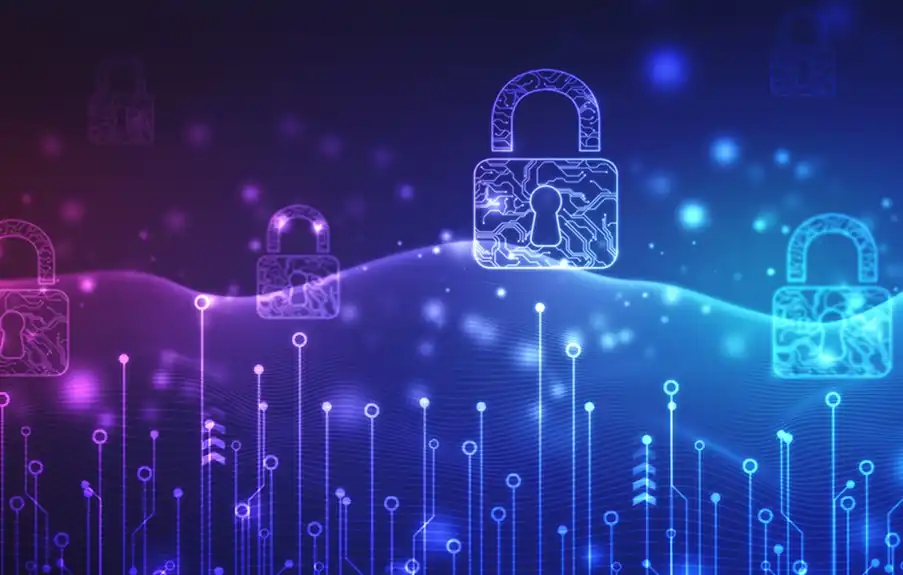We use the internet for work, study, and fun. However, it also poses risks to our personal information. So, you must always try to improve your digital safety.
In this article, we will share the ten best tips to improve your digital safety. Let’s have a look!
- Use Strong Passwords
The first important tip to improve digital safety is to use a strong password. Passwords are your first line of defence against any cybersecurity threats.
So, always use a hard-to-guess password which is a mix of letters, numbers, and symbols. Also, update your password every few months.
- Enable Two-Factor Authentication (2FA)
Two-factor authentication adds another layer of security to your accounts. With two-factor authentication, you need to provide an extra code sent to your phone or email.
In this way, it becomes hard for hackers to access your accounts. Even if someone gets your password, they will not get into your account without this extra step.
- Keep Software Updated
Also, keep your software updated. Software updates are often released to fix security issues and improve overall performance. So, never miss any updates and turn on automatic updates.
- Avoid Public Wi-Fi for Sensitive Tasks
Public Wi-Fi can pose a serious risk to your digital safety. So, always avoid public Wi-Fi, especially for checking your bank account, email or other sensitive data.
- Secure Your Wi-Fi Network
Securing your Wi-Fi network is also important for your digital security. For this, change your router’s default name and password.
Use a strong password, and make sure your router uses the WPA2 or WPA3 security standard. Moreover, to make sure your connection is stable and fast, we recommend checking your internet connection regularly on websites like speed.is.
- Backup Your Data
Another helpful tip is to back up your data. This will prevent you from losing your important data in case of any cybersecurity attack. So, make multiple copies of your data on different devices.
For instance, users of providers like Movistar can use specific speed test tools to make sure their internet is fast enough for smooth data backups.
- Use Antivirus and Firewall Protection
Always use antivirus and firewall protection software. Antivirus software looks for harmful programs like viruses or malware that can harm your computer.
A firewall blocks unwanted internet traffic and protects you from any security threat.
- Manage Permissions
Also, manage your app permissions to improve your digital security. When you install a new app, take note of what permissions it requests.
Some apps may ask to access your contacts, camera, or location. Only allow access to limited things.
- Use a VPN
A VPN hides your online activity and creates a safe connection to the internet. It makes it difficult to access your data and keep your activities secure.
So always use a VPN, especially when using public Wi-Fi.
- Avoid Suspicious Links
Last but not least, avoid clicking suspicious links, as many scammers make fake links and try to steal your information. If you receive an email or message with a link that you do not trust, do not click on it.

